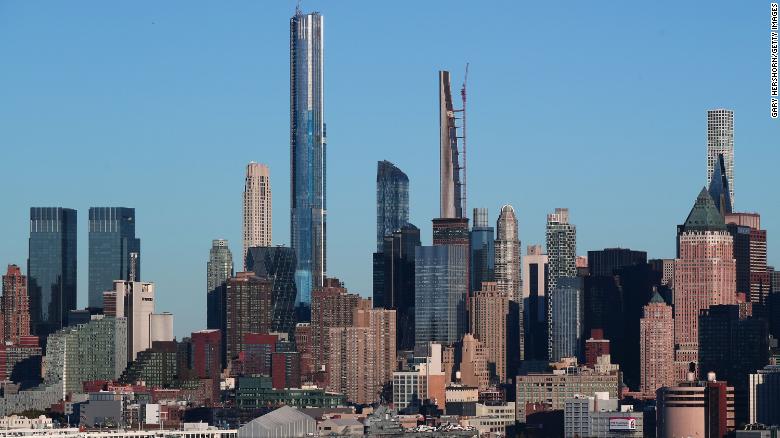Even in the richest American cities, many still live without one basic utility — indoor plumbing.
That’s according to a team of geography researchers from King’s College London and the University of Arizona, who published their findings this week in the peer-reviewed PNAS journal. From 2013 to 2017, more than 1.1 million people in the US did not have access to a piped water connection, the study says, with almost half of them living in the country’s 50 largest cities.
And those people tended to be people of color with their households being 35% more likely to lack piped water compared to White, non-Hispanic households, the study said. The study did not specify race any further.
“Compared with the overall US population, we find that unplumbed households are more likely to be headed by people of color, earn lower incomes, live in mobile homes, rent their residence, and pay a higher share of their gross income toward housing costs,” the study said.
Out of the 50 largest metropolitan areas, San Francisco had the highest proportion of people without access to indoor plumbing, followed by Portland, Oregon, Milwaukee, San Antonio and Austin. Based off total numbers, New York has the largest amount of people without indoor plumbing, at 65,000, followed by Los Angeles with 44,200 people and San Francisco with 27,400 people.
The findings, researchers say, reveal a “theory of insecure water access as a relational condition that is produced, in part, by racialized wealth gaps and unequal geographies of housing.”
Urban water management and security, they say, tends to be framed as a supply issue. But the results from the study show something different.
“Our results develop an alternative conceptual paradigm — the housing-water nexus — that theorizes gaps in urban water access as a product of structural inequality, as neither random nor accidental but social and systemic in nature,” researchers write.
Moving forward, the researchers say that policy action is “urgently needed” to minimize plumbing poverty.
Particularly in the era of Covid-19, access to water is important as many guidance advises keeping hands clean. Researchers drew that connection as well.
“In a global health pandemic such as COVID-19, the difference between secure and insecure water access — starting with those 65,000 unplumbed New Yorkers — is a matter of life and death,” researchers wrote.
As more than 200,000 people have already died from the virus, the researchers concluded the study with a somber reminder: Without universal water access, efforts to limit the spread of infectious diseases like Covid-19 will “undermine global health and benefit certain populations over others.”
And in an even more sobering reminder, researchers predicted that plumbing poverty in US cities could get even worse as costs of living continue to rise.
>>>>

